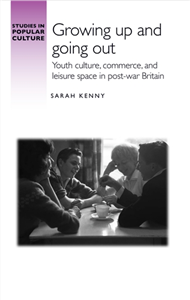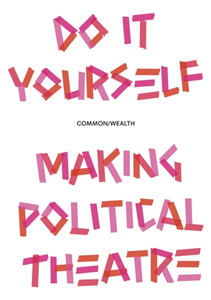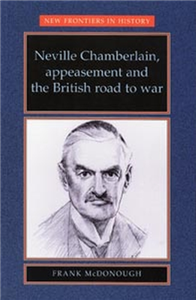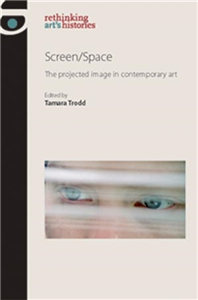Howard J. Erlichman
The Roman Century: How a Determined People Launched the Greatest Empire in World History should be of interest to anyone who ponders the increasingly intense competition among the United States, China and Russia. The book places the spectacular Roman advance during a single “long” century (323-188 BCE) in a much wider geo-politico-economic context than existing works; explains how the Romans perfected a three-pronged blueprint of imperial conquest which had been devised by Philip II of Macedon; and incorporates timeless observations from the likes of Appian, Arrian, Clausewitz, Diodorus, Livy, Machiavelli, Plutarch, Polybius, Sun Tzu and Thucydides. The book also explains how the Romans generated a host of lessons to be studied by anyone concerned with the processes through which overseas empires are won and lost. The ebook edition is currently available on Amazon Kindle, Apple iTunes, B&N Nook and Rakuten Kobo.
View Rights Portal




























